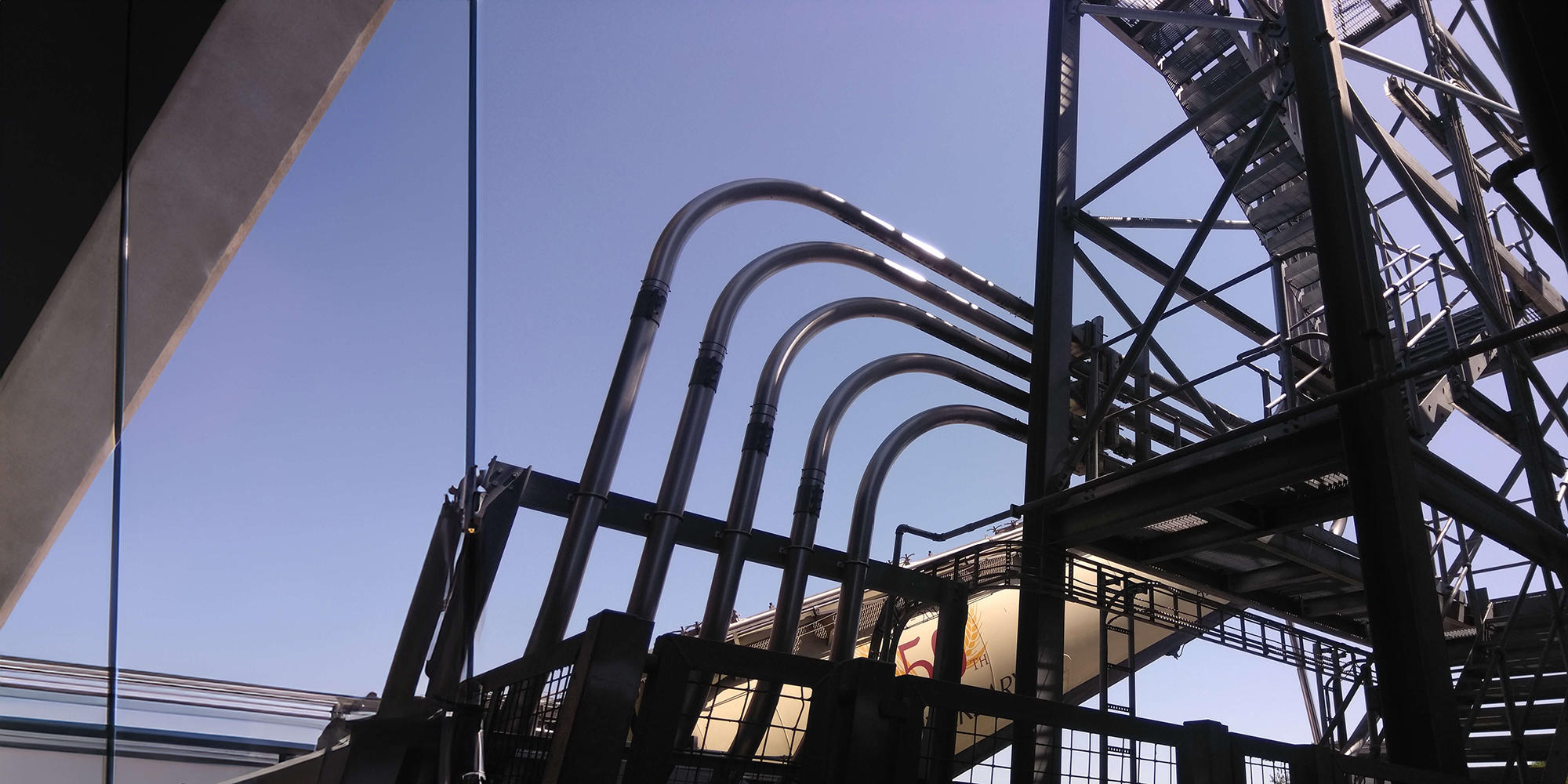Course dates
13 - 14 May 2026
1 - 2 December 2026
The course takes place from 09:00 - 17:00 each day
Course Fee
£915 per delegate. Discounted rate: £825 per person.
Discounts are available for group bookings and returning delegates.
Registration
Registration and payment is available via the on-line shop.
Online registration closes on 30 April 2026
Course overview
There is a tradition of different companies using different design equations and assumptions. There has in recent years been a lot of new information generated using improved methods for measurement of material conveying properties, the use of these for design and the effects of design details such as bends and stepped bore sizes. The ultimate aim will be to share the most up-to-date knowledge on how to obtain pipeline designs that work reliably, delivering the required throughput without unplanned maintenance and undesired impact on quality of the powder being handled.
The event is intended to be interactive; delegates are asked to bring along and discuss the approaches they use in their own company and the practical difficulties they face, with a view to establishing a shared vision of best practice to boost the competitiveness of the UK's supply industry and minimise warranty claim costs and user complaints.
There will be a heavy emphasis on case studies to illustrate the issues under discussion.
During this course you will need to have access to a laptop that supports Excel for the calculations section, as well as a calculator.
Subjects covered
(This list is subject to development according to the needs and desires of delegates)
- Lean versus dense phase – relative advantages in practical application, and applicability to different materials;
- A detailed look at obtaining conveying information for the material to be handled, and how to scale this up for pipeline design;
- Different equations for predicting pipeline pressure drop and throughput;
- Stepped bore pipelines – how they enhance system performance and reduce problems, and how to design them;
- Differences in powder behaviour;
- A detailed look at bends; radius, pressure drop, wear, particle damage and material build-up;
- Air humidity effects – psychrometry and moisture calculations, and controlling interaction or airborne moisture with the powder;
- Practical details – choice of coupling systems, pipe specification systems etc;
Is this for me?
If you are actively involved in design or troubleshooting of pneumatic conveying systems, this course is aimed at you. If you are new to the subject we would recommend attendance at our standard pneumatic conveying course first, which gives an overview of the subject and sets out the basics upon which this course builds.
Venue
The course will take place at the University of Greenwich Medway campus in Kent ME4 4TB
Please bring a laptop and a scientific calculator with you as there are practical exercises included in this course.
Course team
The course leader is Dr Baldeep Kaur, whose interests lie in characterisation and transportation of bulk materials;
Contributions may also be made from the rest of the Team, including
Dr Atul Sharma, whose interests lie in pneumatic conveying systems.
Mike Bradley, Professor of Bulk and Particulate Technologies and Director of The Wolfson Centre. He has worked internationally on design and troubleshooting of bulk solids handling as a commercial consultant and research expert for over thirty years.
Please note that The Wolfson Centre reserves the right to substitute leaders of equal quality should this be dictated by circumstances beyond their control.
In-Company course
This course can be delivered as an In-Company course. These are proving to be a popular option for companies who have a number of personnel who would benefit from education in the subject area, for 3 main reasons:
- Cost: It is more economic for us to bring the course to you, than for you to send several staff out to us;
- Relevance: We can tailor the course programme to suit the operations you have in your plant, hence reducing the amount of material which is not directly relevant;
- Convenience: We can run the course when it suits you, even over several separate days rather than in a block if it is better for you.
This course is not delivered online.
If you are interested in discussing your requirements, please contact us.
*image courtesy of Allied Mills*
